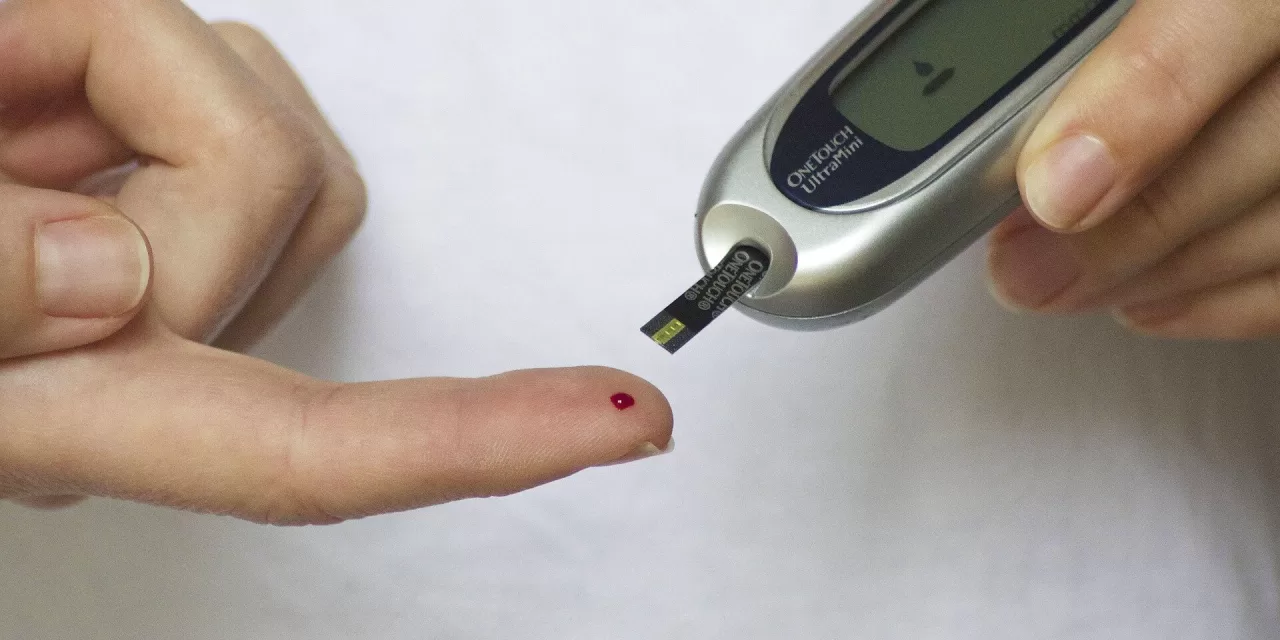A promising new treatment for people with uncontrolled diabetes who depend on insulin has emerged, utilizing a fat-derived cellular concentrate. Experts highlighted this breakthrough on Wednesday, marking a significant step forward in diabetes management, particularly for those struggling with insulin dependence.
Diabetes, a growing global concern, affects millions worldwide, with India alone seeing roughly 10% of its adult population—an estimated 100 million people—diagnosed with the condition. Additionally, about 135 million Indians are classified as prediabetic. This mounting public health crisis underscores the need for innovative treatments like fat-derived stem cell therapy.
In 2022, Kanpur’s government hospital, GSVM Medical College, made history as the first medical institution in India to perform a fat-derived stem cell transplant. This landmark procedure offers a potential new therapeutic option for individuals battling type 2 diabetes.
According to Prof. (Dr.) B.S. Rajput, Visiting Professor at GSVM Medical College, the results have been promising. “A cellular concentrate made from fat tissue is proving more than useful in the management of uncontrolled type-2 diabetes,” Rajput told IANS. In this procedure, stem cells are harvested from abdominal and waist fat and then injected into the patient’s muscles and blood cells. These stem cells aid in the regeneration of the pancreas’ beta cells, which are responsible for insulin production, thereby enabling the release of normal insulin levels.
The first recipient of this groundbreaking treatment, a 50-year-old man who had suffered from type 2 diabetes for five years, experienced remarkable results. “The patient’s HbA1c levels, which measure long-term glucose control, dropped from 10 to 6.5 within just six months,” Rajput reported. Significantly, these improvements occurred without the patient needing to change his lifestyle, dietary habits, or medications.
This trial offers hope for the millions of type 2 diabetes patients who are dependent on frequent insulin injections. As Rajput explained, “The fat-derived cellular concentrate has come as good news for all the patients with type 2 diabetes who have to take insulin frequently.”
Dr. Manisha Arora, Director of Internal Medicine and Diabetes Specialist at CK Birla Hospital in Delhi, emphasized the regenerative potential of this technique. “Fat-derived cellular concentrate involves stem cells from a patient’s fat tissue, which help regenerate damaged insulin-producing cells in the pancreas, potentially improving insulin sensitivity and blood sugar regulation,” Dr. Arora told IANS.
Dr. Rajput also highlighted that this treatment may be particularly beneficial for managing complications associated with diabetes, such as nerve and kidney damage, as well as cardiac complications. The technique, based on an Australian-patented method of processing fat-derived stem cells, offers a minimal manipulation tissue transplant option with a high success rate, according to Rajput.
However, despite these promising results, experts remain cautious about the long-term efficacy of the treatment. Dr. Rajput pointed out that the beta cells used in the transplant are created from induced pluripotent stem cells, a process that is prohibitively expensive. Additionally, the autoimmune nature of diabetes poses challenges, as the body may eventually destroy these transplanted cells.
Nevertheless, the results of this trial represent a significant step forward in diabetes treatment, offering hope for improved management of uncontrolled diabetes and its associated complications. As research continues, this innovative therapy could become a valuable tool in the fight against one of the world’s most prevalent chronic conditions.











